Understanding the Benefits and Applications of PVC Ball Valves in Modern Plumbing Systems
In contemporary plumbing systems, the use of PVC ball valves has become increasingly prevalent due to their numerous benefits and versatile applications. Understanding how to effectively employ PVC ball valves is essential for both professionals and DIY enthusiasts in the plumbing industry. These valves offer advantages such as corrosion resistance, lightweight construction, and ease of installation, making them an ideal choice for a variety of plumbing projects.
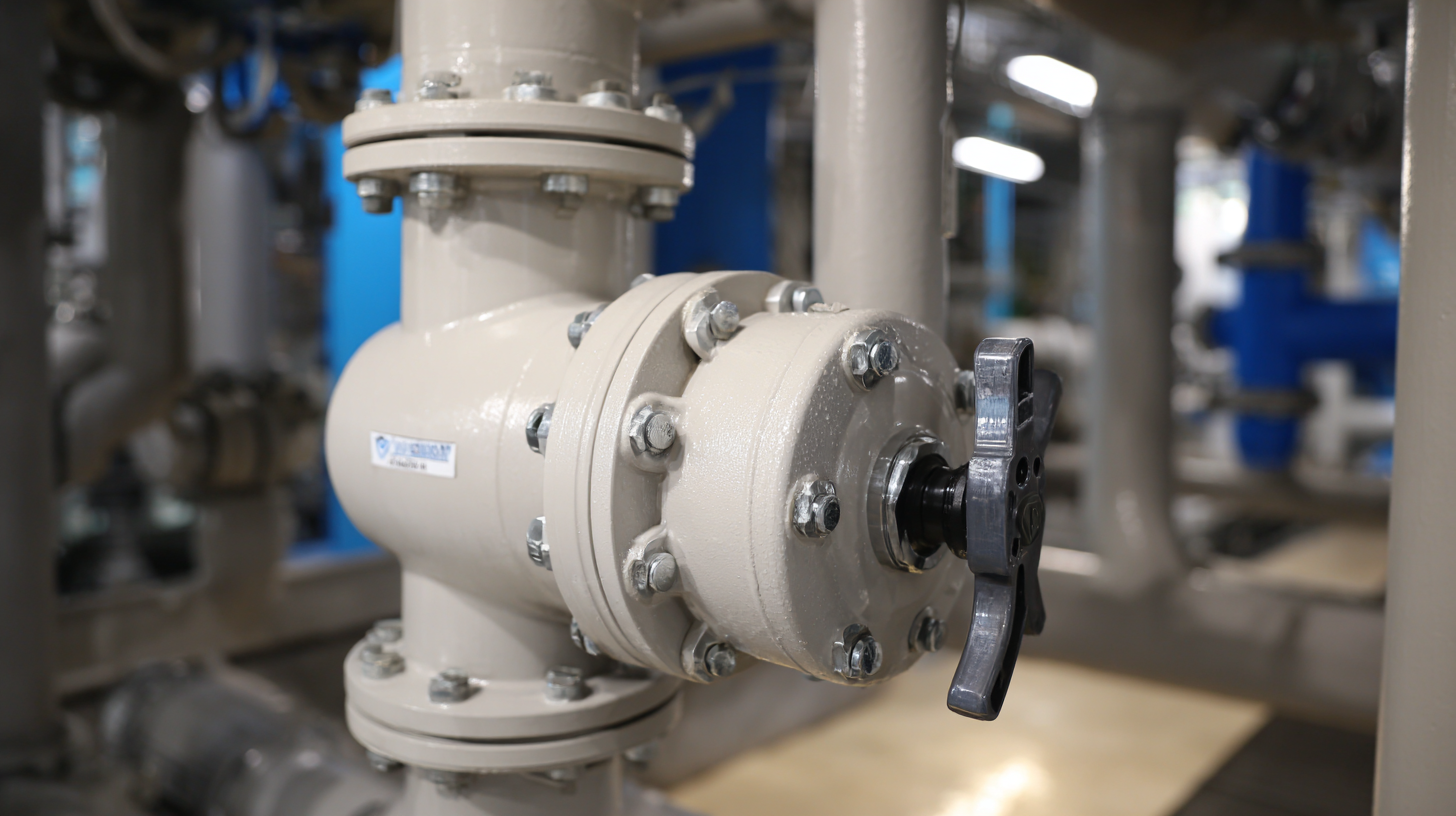
Whether one is looking to enhance water flow control in residential setups or seeking solutions for complex industrial systems, knowing how to utilize PVC ball valves can lead to improved efficiency and longevity of plumbing infrastructure. This guide aims to illuminate the essential aspects of PVC ball valves, providing insights into their functionalities, installation guidelines, and practical applications, ensuring that users can make informed decisions for their plumbing needs.
Benefits of PVC Ball Valves in Reducing Water Leakage in Plumbing Systems
PVC ball valves have emerged as a critical component in modern plumbing systems, primarily due to their effectiveness in reducing water leakage. The innovative design of PVC ball valves allows for a tight seal that minimizes water loss, addressing a significant concern for both residential and industrial plumbing applications. Recent studies indicate that effective plumbing systems using high-quality valves can reduce the leakage rate to as low as 20%, showcasing the importance of reliable components in maintaining system integrity.
In addition to their leakage reduction capabilities, PVC ball valves offer several advantages that contribute to their growing popularity in the plumbing sector. Manufactured using advanced technologies, these valves ensure durability and corrosion resistance, prolonging the lifespan of plumbing systems. The factory in Seewis, Switzerland, has played a pivotal role in this innovation, celebrating 50 years of excellence in producing plastic valves. With new monitoring technologies to detect and address leaks proactively, the plumbing industry is moving towards a more sustainable and efficient future, embracing the benefits that PVC ball valves offer.
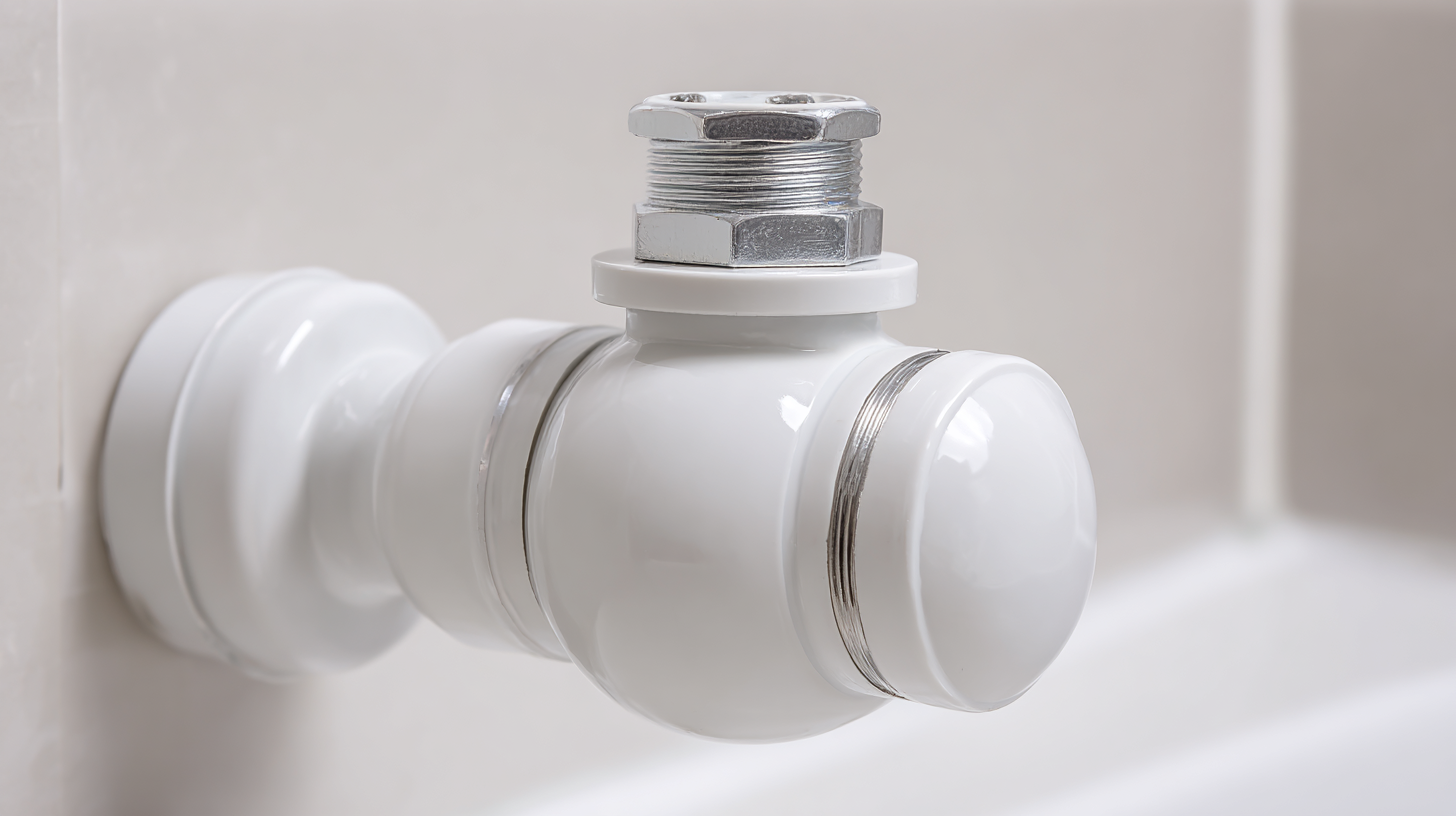
Applications of PVC Ball Valves in Residential and Commercial Installations
PVC ball valves are increasingly favored in both residential and commercial plumbing installations due to their durability, low maintenance requirements, and cost-effectiveness. They are particularly useful in systems that utilize CPVC and PEX piping materials, as these valves facilitate smooth, reliable flow control without the risk of corrosion, which is a common issue with metal valves. This adaptability makes PVC ball valves a preferred choice for modern plumbing applications.
Recent industry data highlights the prominence of ball valves in the market; in 2024, they accounted for a remarkable 34.8% share of the irrigation valves sector. Their efficiency and reliability in controlling water flow position them as a leading type in plumbing systems. Furthermore, innovations such as multiport manifold systems demonstrate the growing versatility of ball valves, catering to diverse plumbing needs in various installations. This increasing reliance on PVC ball valves underscores their significance in contemporary plumbing solutions, reflecting a broader trend toward efficient and sustainable water management systems.
Comparative Analysis: PVC Ball Valves vs. Traditional Metal Valves
When comparing PVC ball valves to traditional metal valves, one of the primary distinctions lies in their material properties and functionality.
PVC ball valves are lightweight and corrosion-resistant, making them ideal for various plumbing applications, particularly in chemically aggressive environments.
Unlike metal valves, which can rust or corrode over time, PVC does not react with water or chemicals, ensuring a longer lifespan and less maintenance.
This can lead to cost savings in both replacement and repair, contributing to the efficiency of plumbing systems.
In contrast, traditional metal valves are often favored for their strength and durability, particularly in high-pressure applications.
They can withstand greater temperatures and pressures than PVC, which makes them suitable for certain industrial settings.
However, metal valves can be more prone to leaks as they age due to wear on the seals and threads.
This comparison illustrates a trade-off between the lightweight, corrosion-resistant nature of PVC and the robust durability of metal, allowing professionals to choose the right valve type based on specific project requirements and environmental conditions.
Impact of PVC Ball Valves on Energy Efficiency and Cost Savings in Plumbing
PVC ball valves have emerged as critical components in modern plumbing systems, significantly impacting energy efficiency and cost savings. According to a report by the Plastic Pipe and Fittings Association (PPFA), the use of PVC in plumbing can reduce energy consumption by up to 20% due to its lightweight, ease of installation, and resistance to corrosion. These attributes not only simplify maintenance but also promote sustained performance over time, minimizing the need for frequent replacements.

Cost savings are another significant advantage of PVC ball valves. Research from the American Society of Plumbing Engineers (ASPE) indicates that adopting PVC fittings can lead to a reduction in overall plumbing project costs by approximately 15-30%. This reduction stems not only from lower material costs but also from decreased labor expenses associated with installation. The durability and chemical resistance of PVC ensure that systems remain efficient and leak-free, further enhancing the long-term savings for both residential and commercial users. Through their integration into plumbing systems, PVC ball valves prove to be an effective solution for enhancing energy efficiency and achieving substantial cost reduction.
Durability and Longevity: Industry Data on PVC Ball Valves Performance
PVC ball valves have gained recognition in modern plumbing systems due to their impressive durability and longevity. Industry data indicates that PVC ball valves can withstand a significant range of pressures and temperatures, making them suitable for various applications including residential, commercial, and industrial plumbing. Their corrosion resistance not only prolongs their lifespan but also assures reliable performance in harsh environments, where metal valves might falter.
Furthermore, the performance metrics of PVC ball valves demonstrate their ability to maintain tight seals over extended periods, reducing the risk of leaks and system failures. Studies show that, when properly installed and maintained, these valves can operate effectively for over 20 years. This longevity translates into lower maintenance costs and reduced frequency of replacements, making PVC ball valves a cost-effective solution for plumbing systems. Their ease of installation and lightweight nature further contribute to the advantages, enabling quicker and more efficient setups without compromising the integrity of the system.
Performance Comparison of PVC Ball Valves vs. Metal Ball Valves
Related Posts
-

Why Choosing PVC Ball Valves Can Enhance Your Fluid Control Solutions
-
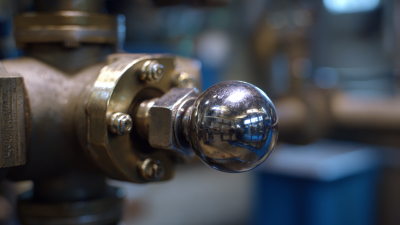
Understanding the Mechanism Behind Ball Check Valves
-
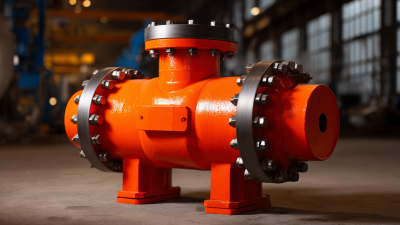
How to Choose the Right Ball Check Valve for Your Industrial Needs
-
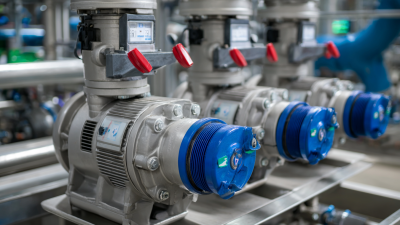
How to Choose the Best Motorized Valve for Your Industrial Needs
-

Mastering the Basics of 3 Way Ball Valve Installation and Maintenance Guide
-

Top Strategies for Enhancing Efficiency with Pneumatic Valves in Industrial Applications
